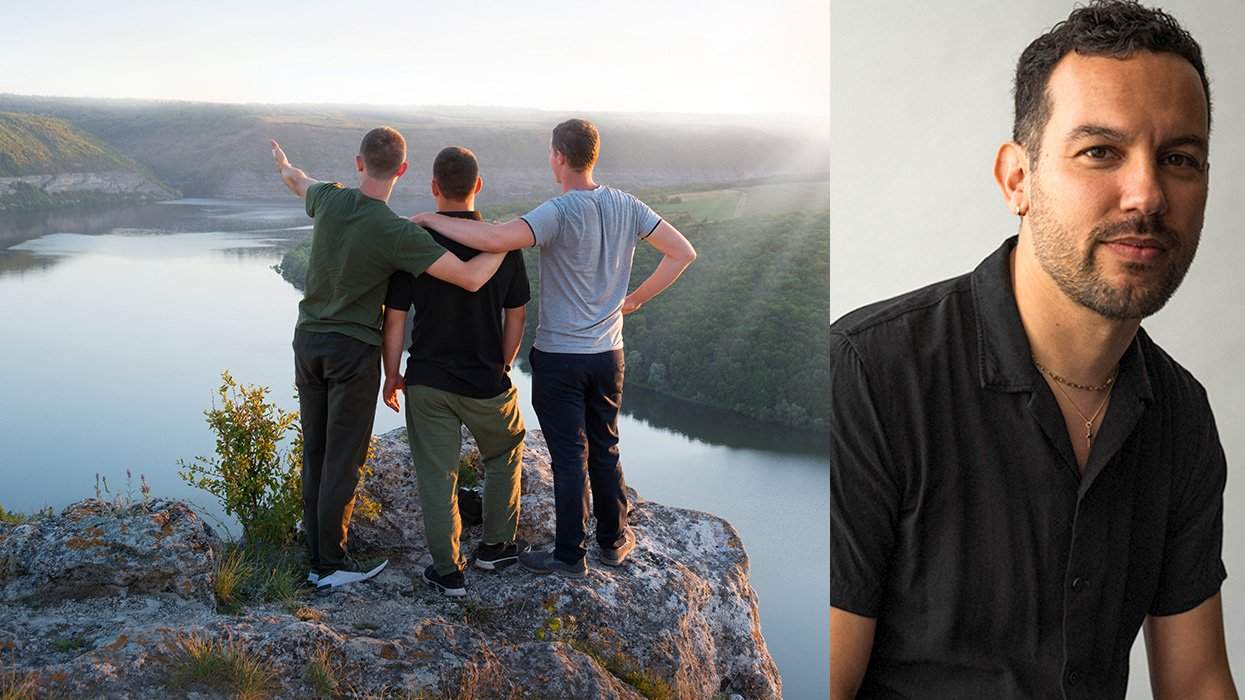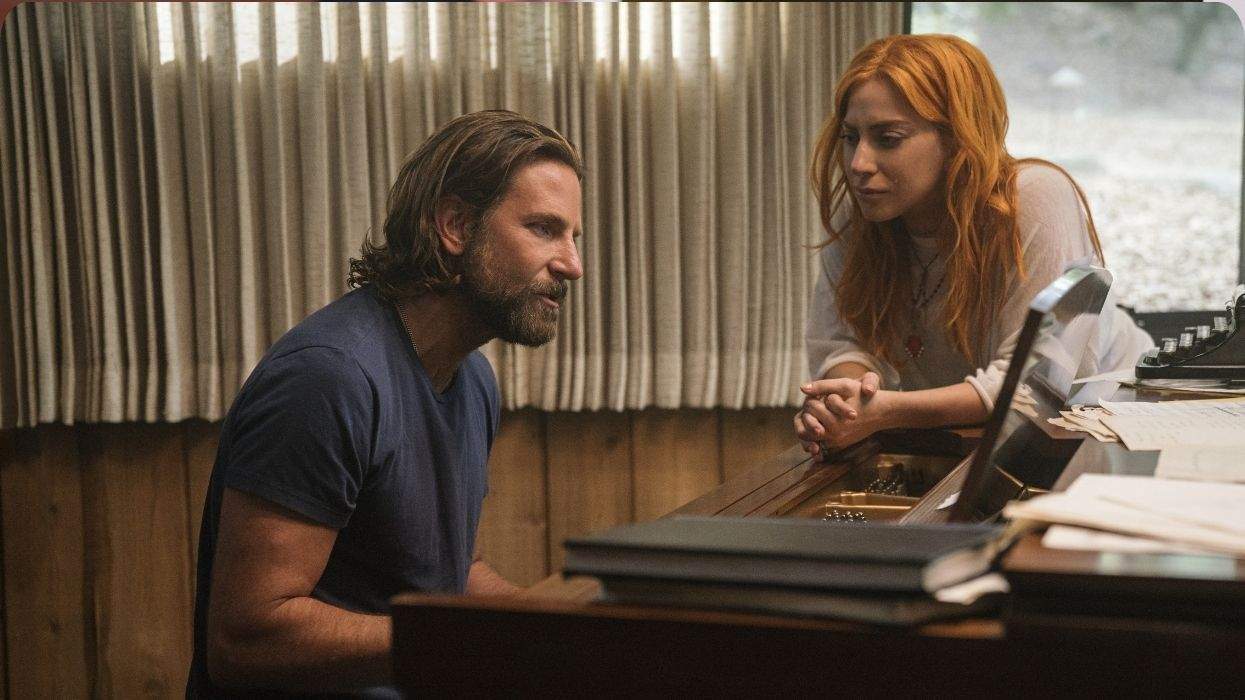Science continues to explore the factors that contribute to a person’s sexual orientation, with several studies noting that there’s a correlation between having older brothers and being gay. But there are limits to what science can tell us, and there are those who worry that investigation into the cause of homosexuality could play into the hands of those who think it’s a defect that needs to be prevented or cured.
“To be frank, I find these kinds of studies that're looking for something rooted in the body to explain sexuality to be kind of bunk,” novelist Justin Torres recently told Selena Simmons-Duffin in an interview for NPR’s “The Science of Siblings” series. “I think they rely on a really binary understanding of sexuality itself.”
Torres’s novels include We the Animals, about three brothers, the youngest of whom is gay, and his latest, Blackouts, a National Book Award winner that “grapples with the sinister history of how scientists have studied sexuality,” Simmons-Duffin noted.
“My novel is interested in the pre-Kinsey sexology studies, specifically this one called Sex Variants,” Torres said. “It’s really informed by eugenics. They were looking for the cause of homosexuality in the body in order to treat it or cure it or get rid of it.”
Research for this purpose was common in the 1940s and ’50s. “Most of it fell flat,” yielding little information on factors associated with sexuality, Jan Kabátek, a senior research fellow at the University of Melbourne, told Simmons-Duffin. “But there is an exception to this, and that is the finding that men, specifically, who exhibit attraction to the same sex are likely to have more older brothers than other types of siblings.” It’s known as the “fraternal birth order effect.”
Other studies over the years have found the same thing, and some have indicated the pattern holds up for lesbians as well as gay men. Still, the chance of being gay is reasonably small — 2 percent to 3 percent, Scott Semenyna, a psychology professor at Stetson University, said in an NPR interview. “The fraternal birth order effect shows that you're going to run into about a 33 percent increase in the probability of, like, male same-sex attraction for every older brother that you have,” he said.
“The vast majority of people who have a lot of older brothers are still going to come out opposite-sex attracted,” Semenyna added. But Kabátek noted, “Just the fact that we are observing effects that are so strong, relatively speaking, implies that there’s a good chance that there is, at least partially, some biological mechanism that is driving these associations.”
One hypothesis about a biological mechanism is antibodies women produce during pregnancy, some of which may affect the sexuality of the child. That’s interesting but concerning, Simmons-Duffin wrote. “Darker undercurrents in all of it worry me, like raising a dangerous idea that becoming gay in the womb is the only version of gayness that is real — or a repackaged version of the old idea that mothers are to ‘blame,’” she explained.
Torres agreed. “It is the undercurrents that worry me immensely,” he said. “I remember when I was a kid — I have this memory of watching daytime television. … The host polled the audience and said, ‘If there was a test [during pregnancy] and you could know if your child was gay, would you abort?’ I remember being so horrified and disturbed watching all those hands go up in the audience — just feeling so hated.” This was in the 1980s or ’90s, and while acceptance of gay people has increased since then, the pendulum could swing back, he said.
In the end, he believes sexuality is too complicated to be associated with any one factor. “As a humanist,” he said, “I just don't know why we need to look for explanations for something as complex and joyous and weird as sexuality.”















Charlie Kirk DID say stoning gay people was the 'perfect law' — and these other heinous quotes
These are some of his worst comments about LGBTQ+ people made by Charlie Kirk.